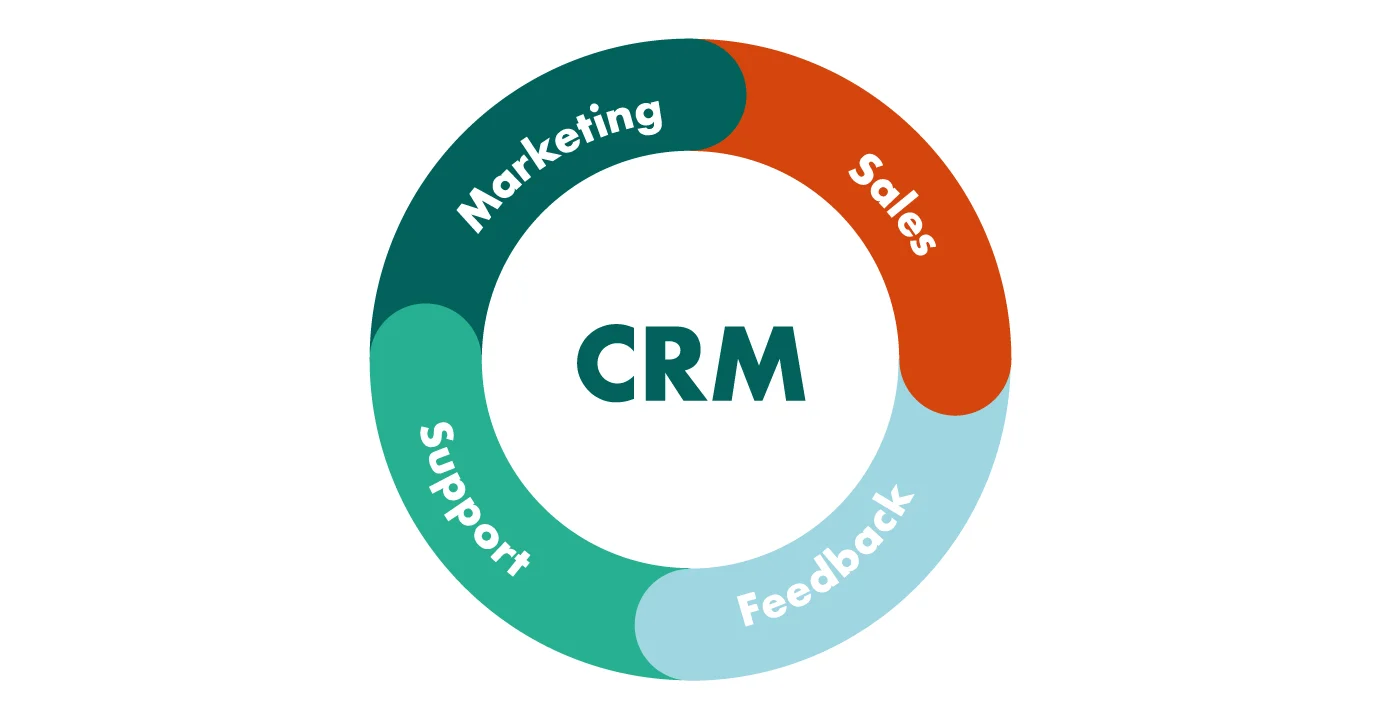Last Updated on April 27, 2024 by Ali Hamza
A contemporary business CRM that compiles all facets of client information in one location is crucial when you are completing deals and providing superior customer experiences. The numerous services and features that modern CRMs provide businesses of all sizes and shapes come in a range of bundles. A cloud-based CRM is one choice because this program provides a lot of functionality required to keep up with the newest features and technology.
What is a CRM that is cloud-based?
CRM software housed in the cloud is known as a cloud-based CRM (or cloud CRM). Users can view the same data simultaneously because it can be accessed from any device. It enables you to automate crucial operations like qualifying leads, closing sales transactions, and assuring superior customer service for raised client retention rates by providing immediate access to real time analytics.
What Sets It Apart From Other CRMs?
There are several ways in which a cloud-based CRM differs from conventional, on-premises CRMs. These variations include:
- Traditional on-premises CRM systems typically take a long time to set up and implement due to their sophisticated architecture. Contrarily, a cloud-based CRM may be quickly set up, allowing businesses to start utilizing the capabilities right away.
- In contrast to on-premises CRMs, which are normally hosted on-site and controlled by your IT department, cloud-based CRMs host all solutions in the cloud.
- In contrast to an on-premises CRM, which is maintained by an internal IT department and is responsible for updates, customizations, system administration, and maintenance, cloud-based CRM providers update, maintain, and store a CRM application.
- A cloud-based CRM, as opposed to a conventional CRM, is simple to use and provides fast access to crucial information throughout the sales cycle.
- Comparing a cloud-based CRM to a traditional CRM, where the initial capital expenditure can be higher, the cloud-based CRM is often quite reasonable with few upfront costs.
- With typical CRM systems, access is only available from a system inside the office during business hours. Cloud-based CRMs, on the other hand, provides anytime, everywhere access to crucial information that aids firms in increasing process efficiency.
- The majority of conventional CRM solutions lack strong integration features and operate as standalone systems. On the other side, cloud-based CRM solutions provide strong integration with numerous third-party products, enabling businesses to easily do numerous activities across various departments.
The Top Advantages of a CRM Based in the Cloud:
- Simple Installation
Most businesses have a long-standing misconception that installing a CRM is a difficult procedure, but with cloud-based CRMs, this misconception is no longer valid. In a matter of minutes, a modern cloud-based CRM may be operational. The only thing you actually need is a functional Spectrum Internet connection.
You can use the software and take full advantage of its features as soon as you login in online. Your cloud CRM service provider will handle all of this, so you would not have to worry about setting up hardware, paying for server and software maintenance, keeping an IT person on staff around the clock, or handling difficult installations, data migrations, or even upgrades.
- Anytime, Anywhere Access
The biggest advantage of a cloud-based CRM is without a doubt 24 x 7 accessibility, which is in contrast to conventional on-premises CRM systems that can only be accessed from the office during business hours. A cloud-based CRM makes it possible for different teams to access the information they require by providing access to the system from anywhere in the office or on any device a desktop, a laptop, a smartphone, or a tablet, and on the way home.
This ultimately increases the efficiency of business processes. A cloud-based CRM offers seamless around the clock access to the centralized database, making it possible to do everything from making urgent sales calls while on the go to amending a sales proposal, finding a prospect’s phone number quickly, or sending an email to the manager while away from the office.
So, these are a few reasons why cloud-based CRM is essential for small businesses.

